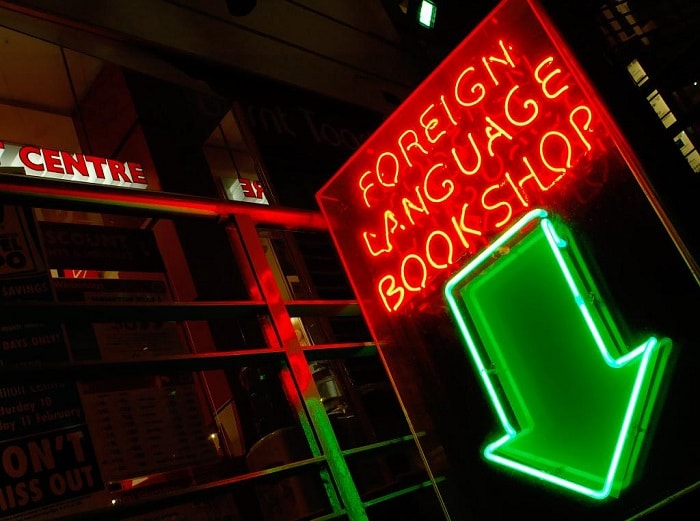“A translator? No need, I am bilingual.” You can’t imagine how many people use this reasoning to dismiss or overlook their translation needs.
“A translator? No need, I am bilingual!” You can’t imagine how many people use this reasoning to dismiss or overlook their translation needs. In our process of prospecting, this accounts perhaps for a third of explanations for refusal. When I’m dealing with this type of response, I often respond by email, providing some arguments that I believe are strong enough to make my contact think twice. Usually, I have a strong feeling that my words fall on deaf ears.
Are you sufficiently bilingual to be able to translate from English into a foreign language?
I frequently communicate in French, English or Spanish. Nothing exceptional in the translation sector, this is the bare minimum. I write my emails in these languages with more or less success. Indeed, this is not easy task to translate our entire communication on a daily basis. Yet communicating by email remains easy and repetitive, since once the vocabulary is acquired, a relatively good knowledge of grammar and a good memory are enough.
Here’s a simple question: How many words do you think you know in your native language? Answer: 2 000, 3 000, 5 000, 10 000? It doesn’t really matter. The real question is: do you really know as many words in this language in which you claim to be bilingual? And do you think you’ve mastered the subtlety of grammatical points as well as that of your native language in order to provide a professional translation? Come on, be honest, please.
Indeed, you are not bilingual, you are fluent. According to the explanations found on the website of our friend Wikipedia, someone is bilingual when they are able to express themselves perfectly without any preference for either language.
Do I want my client to notice mistakes or mistranslations in their first contact with me? I don’t, what about you?
Here’s an example. Even though I have mastered these languages, it does not occur to me to write this blog article in French or Spanish, although the target audience is far wider. Why? Simply because I have not totally mastered (and certainly never will) these languages and this material is too important. If I had translated this article or if I had directly written it in one of these languages, I would have certainly made mistakes, and one point could be poorly conveyed and another not properly developed. After all it is a website, one of my first communication tools between me and my client. Do I want my client to notice mistakes or mistranslations in their first contact with me? I don’t, what about you?
With a level of 940 in TOEIC, I know how to translate!
“My TOEIC level is 940 anyway!” you will argue. TOEIC –Test of English for International Communication– is, without decrying it, a language proficiency test for the general use of English in a daily context. It absolutely does not give the ability to translate anything. Even less when it comes to a very formal or a highly technical language. Then what about style? Do you think that you can recreate a colloquial style or a business language required for a professional translation?
Unless you have parents of two different nationalities and have lived in their respective countries for several years, you will only have a single native language.
Now that you understand this, do you honestly think that you are capable of translating accurately your documents yourself? Or worse, will you ask an intern to produce a translation? When it comes to these situations, it is wiser to contact professional translators.
Translation into English: Chloe Findlay
Discover our translation agency.



